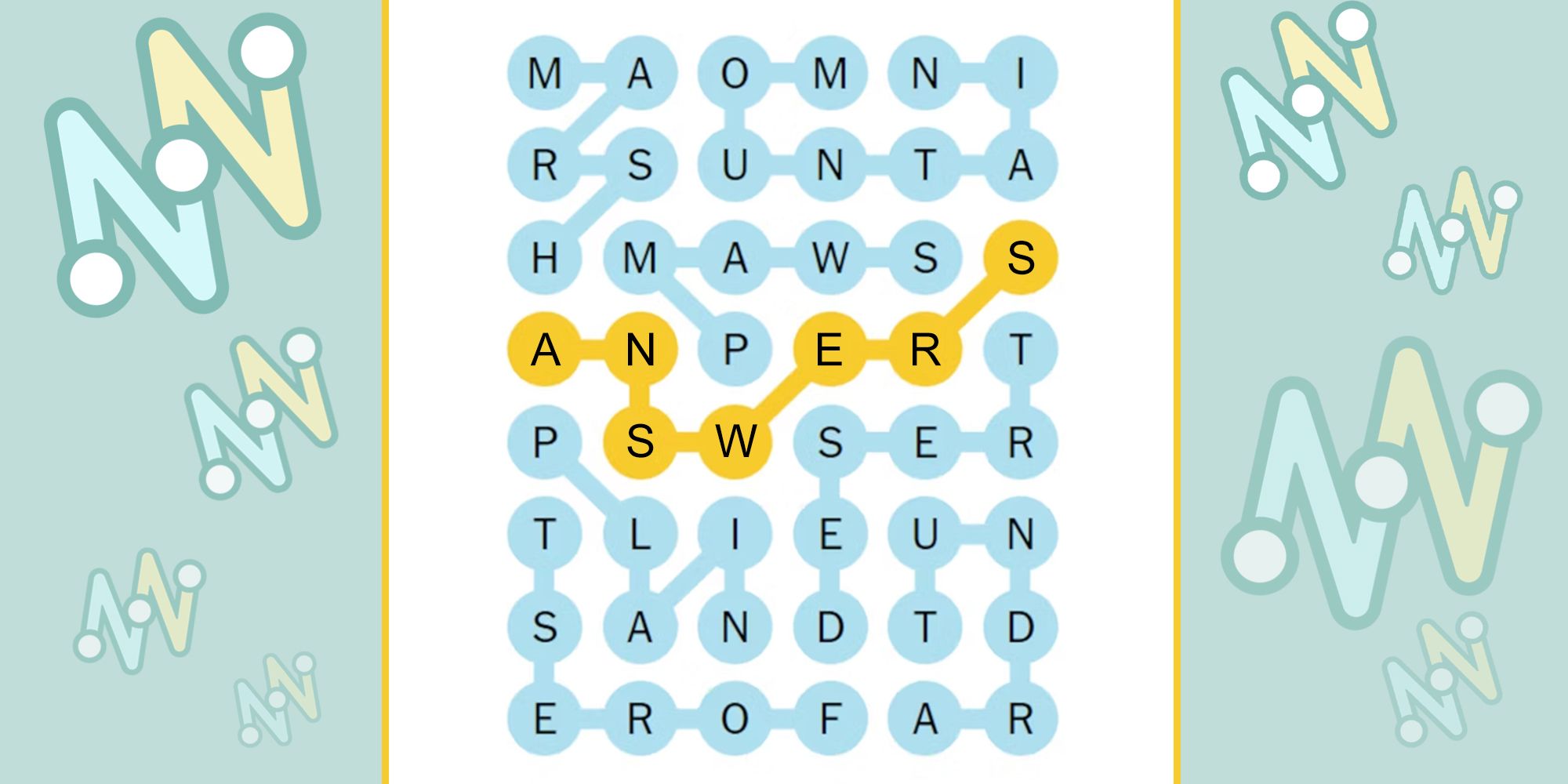ChatGPT Creator OpenAI Faces FTC Investigation: A Deep Dive Into The Issues

Table of Contents
Allegations of Data Privacy Violations by OpenAI and ChatGPT
The FTC investigation into OpenAI centers heavily on allegations of data privacy violations related to ChatGPT and its underlying technologies. Concerns stem from the vast amounts of user data collected and utilized in training these powerful generative AI models. Keywords like data privacy, GDPR, CCPA, user data, and data security are central to understanding these concerns.
-
Collection and Use of User Data: OpenAI's data practices regarding the collection, use, and retention of user inputs and interactions with ChatGPT are under intense scrutiny. The investigation will likely examine whether OpenAI obtained informed consent from users and adhered to established data privacy regulations.
-
Compliance with GDPR and CCPA: The investigation will assess OpenAI's compliance with the General Data Protection Regulation (GDPR) in Europe and the California Consumer Privacy Act (CCPA) in the United States. These regulations mandate specific procedures for handling personal data, including the right to access, rectification, and erasure of data. Non-compliance could lead to significant fines and legal repercussions.
-
Risks Associated with Training AI Models: Using personal information to train AI models raises significant privacy risks. The investigation will examine whether OpenAI adequately anonymized or de-identified user data before incorporating it into ChatGPT's training datasets. The potential for re-identification and the subsequent misuse of sensitive information are key areas of concern.
-
Data Breaches and Their Consequences: The sheer volume of data processed by OpenAI necessitates robust security measures to prevent data breaches. The investigation will explore the adequacy of OpenAI’s security protocols and their capacity to prevent unauthorized access or disclosure of user information. Any past or potential future breaches will be thoroughly examined.
-
Lack of Transparency: Critics point to a lack of transparency surrounding OpenAI's data usage practices. The investigation may focus on whether OpenAI provided users with sufficient information about how their data is being collected, used, and protected. Clarity and user control over data are crucial aspects of data privacy.
Concerns Regarding Algorithmic Bias and Misinformation in ChatGPT
Beyond data privacy, the FTC's investigation encompasses concerns regarding algorithmic bias and the potential for ChatGPT to spread misinformation. The keywords algorithmic bias, misinformation, AI ethics, and responsible AI are crucial in this context.
-
Bias in ChatGPT's Responses: ChatGPT's responses are generated based on the vast dataset it was trained on. This dataset, if it contains biases, can lead to biased outputs from the model. The investigation will analyze the presence of such bias and its potential impact on users.
-
Spread of Misinformation and Disinformation: The ability of ChatGPT to generate human-quality text raises concerns about its potential misuse for generating and spreading false or misleading information. The FTC will likely investigate OpenAI's efforts to mitigate this risk.
-
OpenAI's Responsibility in Mitigation: The investigation will assess OpenAI's responsibility in mitigating the risks associated with algorithmic bias and the spread of misinformation. This includes evaluating their efforts to detect and address biased or harmful outputs.
-
Challenges in Developing Unbiased AI Models: Developing unbiased and accurate AI models is a significant challenge. The investigation will explore the technological and ethical hurdles involved in achieving this goal.
-
Ethical Considerations in AI Development: The investigation underlines the importance of integrating ethical considerations throughout the AI development lifecycle. Responsible AI development requires careful attention to potential biases and harms.
The FTC's Focus on Consumer Protection in the Age of Generative AI
The FTC's investigation reflects its broader mandate to protect consumers in the rapidly evolving landscape of generative AI. Keywords such as FTC, consumer protection, AI regulation, and legal implications are vital here.
-
FTC's Mandate and Relevance to AI: The FTC is empowered to protect consumers from unfair or deceptive practices. The investigation demonstrates the agency's proactive approach to addressing the potential harms posed by new technologies like generative AI.
-
Legal Implications for OpenAI and Other AI Developers: The outcome of the investigation will have significant implications for OpenAI and could set a precedent for the regulation of other AI developers. Potential penalties include substantial fines and changes to OpenAI's business practices.
-
Need for a Robust Regulatory Framework for AI: The investigation highlights the urgent need for a robust regulatory framework for AI to address the unique challenges it presents to consumer protection.
-
Balancing Innovation with Consumer Protection: The FTC faces the challenge of balancing the encouragement of AI innovation with the need to protect consumers from potential harms. Finding this balance is crucial for responsible AI development.
-
FTC's Investigative Powers and Potential Actions: The FTC possesses extensive investigative powers, including the ability to issue subpoenas, conduct audits, and impose penalties for violations.
The Future of AI Regulation and OpenAI's Response
The FTC investigation into OpenAI will significantly shape the future of AI regulation and the industry's approach to ethical AI development. Key terms include AI regulation, industry standards, self-regulation, and OpenAI's response.
-
OpenAI's Response to the FTC Investigation: OpenAI's response to the investigation will be crucial in determining the outcome and shaping future practices. Transparency and cooperation with the FTC are key.
-
Impact on the Future of AI Development: The investigation's outcome will likely influence how AI is developed and deployed in the future, potentially leading to stricter regulations and greater emphasis on ethical considerations.
-
Role of Industry Self-Regulation: The investigation will examine the role of industry self-regulation in addressing ethical concerns. While self-regulation can be effective, it often needs government oversight to ensure sufficient protection for consumers.
-
Collaboration Between Regulators, Developers, and Researchers: Addressing the challenges posed by AI requires collaboration between regulators, AI developers, researchers, and ethicists.
Conclusion
The FTC investigation into OpenAI highlights the critical need for robust regulations and ethical considerations in the development and deployment of generative AI technologies like ChatGPT. Concerns regarding data privacy, algorithmic bias, and the spread of misinformation underscore the urgent need for a comprehensive approach to responsible AI. The investigation's outcome will significantly impact not only OpenAI but also the broader AI industry, shaping the future of AI regulation and development.
Call to Action: Stay informed about the ongoing FTC investigation into OpenAI and the evolving landscape of AI regulation. Understanding the issues surrounding ChatGPT and similar AI technologies is crucial for promoting responsible AI development and protecting consumer rights. Keep up-to-date on the latest developments in the OpenAI FTC investigation to ensure you’re well-informed about the future of AI and data privacy.

Featured Posts
-
 150 Million Settlement For Credit Suisse Whistleblowers
May 10, 2025
150 Million Settlement For Credit Suisse Whistleblowers
May 10, 2025 -
 Trumps 10 Tariff Threat Conditions For Exceptions
May 10, 2025
Trumps 10 Tariff Threat Conditions For Exceptions
May 10, 2025 -
 Solve Nyt Strands Game 403 Thursday April 10th Answers And Hints
May 10, 2025
Solve Nyt Strands Game 403 Thursday April 10th Answers And Hints
May 10, 2025 -
 Delving Into Wynne And Joanna All At Sea
May 10, 2025
Delving Into Wynne And Joanna All At Sea
May 10, 2025 -
 In The Wake Of Hate A Familys Journey After A Racist Murder
May 10, 2025
In The Wake Of Hate A Familys Journey After A Racist Murder
May 10, 2025
